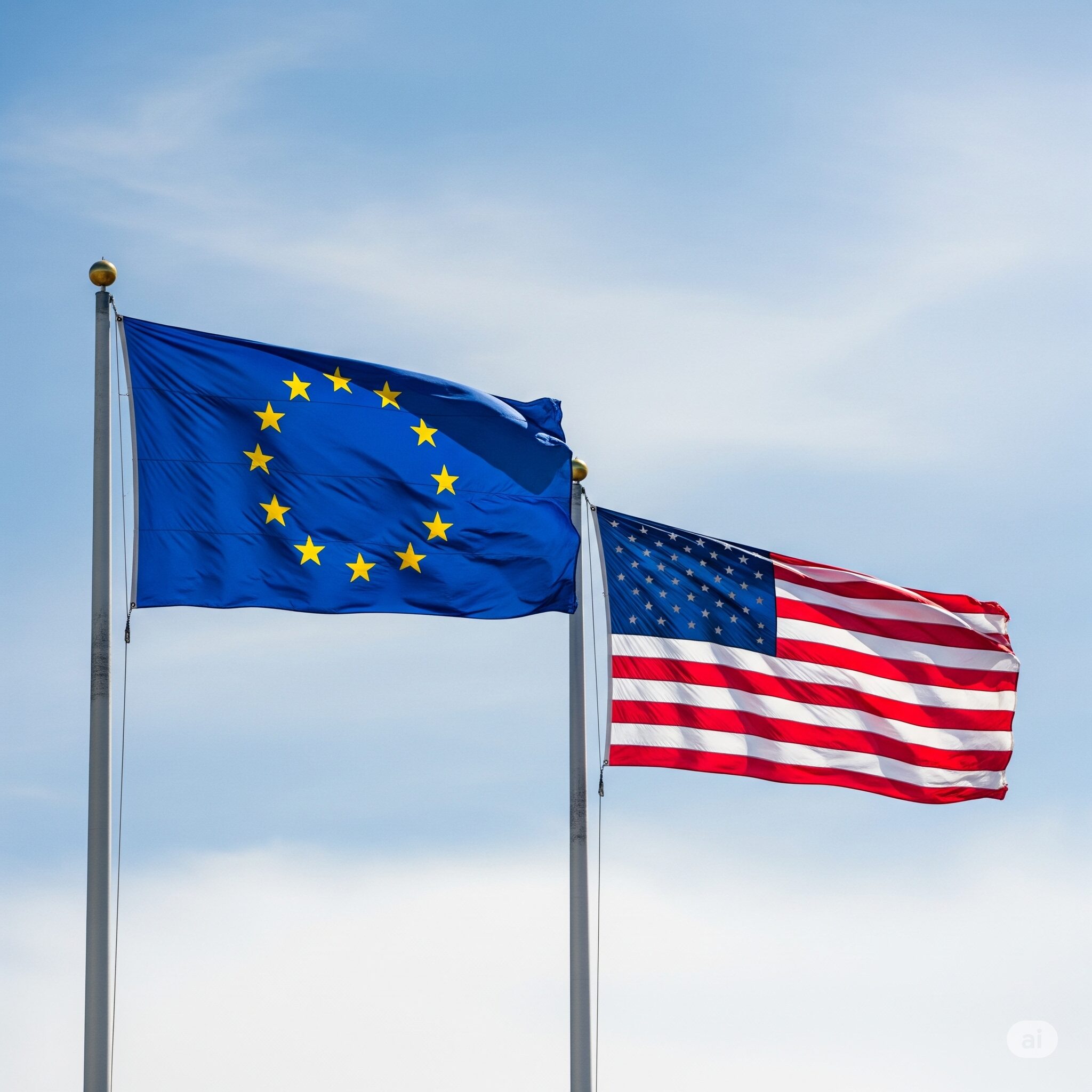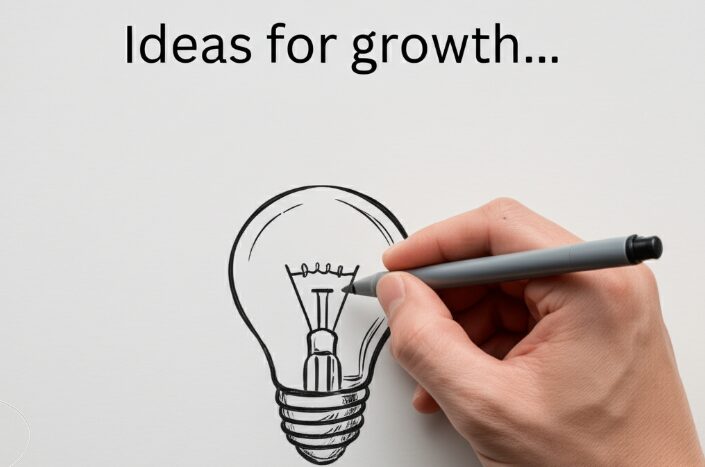Atlanta, GA – The timeless appeal of Paul McCartney is undeniable, but for many fans, the recent opportunity to see one of the two living legendary Beatles live has been marred by a familiar and increasingly contentious foe: dynamic pricing. As tickets for his latest tour went on sale, social media platforms erupted with expressions of shock, anger, and dismay over what many perceive as exorbitant and unfair costs, shining a harsh spotlight on how artificial intelligence (AI), while designed for efficiency, can often fall short of meeting consumer expectations and foster widespread outrage.
.@Ticketmaster wants $450+ for a seat behind the stage or $575 for an upper deck ticket for an 83-year-old Paul McCartney? pic.twitter.com/sdTsjmV3Il
— Sam Franco (@samjfranco) July 15, 2025
Fans, eagerly anticipating the chance to witness a living legend, found themselves battling not only virtual queues but also fluctuating prices that soared dramatically in real time. “y’all I’m so excited I’m going to see Paul McCartney but omg the dynamic ticket prices were insane😭😭 what’s the point of getting a presale code if literally anyone can join the queue and get tickets without one 1,” lamented X (Formerly Twitter) user @AlwaysAbel421, echoing a sentiment shared by countless others. The question highlights a growing frustration with a system that promises early access but often delivers inflated costs.
The price tags themselves were a significant source of contention. “these Paul McCartney ticket prices are fucking insane 2,” posted @frndplz on X (Formerly Twitter), attaching a screenshot that presumably showcased the jaw-dropping figures. Another fan, @pastaquincy, shared their triumph tinged with financial pain: “I JUST BROKE THE BANK BUT MY MOM AND I ARE SEEING PAUL MCCARTNEY OH MY FUCKING GOD 😭😭😭 3.” These posts illustrate a common dilemma: the intense desire to see an iconic artist, even at a personal financial sacrifice.
Perhaps one of the most striking examples of the perceived price gouging came from @samjfranco, who incredulously asked, “@Ticketmaster wants $450+ for a seat behind the stage or $575 for an upper deck ticket for an 83-year-old Paul McCartney? 4” This post on X (Formerly Twitter) encapsulates the core of the outrage: the sheer audacity of charging such astronomical sums for what were once considered affordable seats, even for an artist of McCartney’s stature. Reports from Reddit also indicated “people paying $500-1000 for nosebleeds and $200-300 for 200 level seats” during the presale 5.
While ticketing companies like Ticketmaster often state that dynamic pricing is implemented to combat scalping and ensure artists receive a fair market value for their work 6, the reality for many fans feels like a form of legalized price gouging. Dynamic pricing, powered by sophisticated AI algorithms, analyzes real-time demand and adjusts ticket prices accordingly 7, 8. In theory, this should balance supply and demand efficiently 7. In practice, as demonstrated by the Paul McCartney ticket sales, it often leads to prices skyrocketing within minutes, putting tickets out of reach for average concertgoers 7.

The problem is compounded by the persistent issue of ticket scalpers. Despite efforts to curb their activities, tickets often reappear on secondary markets at even more inflated prices almost immediately after official sales begin 9. This further fuels the perception that the system is rigged, with genuine fans being squeezed from both ends: by dynamic pricing on the primary market and by opportunistic scalpers on the secondary market 9.
The Paul McCartney ticket outrage is not an isolated incident. Similar controversies have plagued sales for other high-profile artists like Taylor Swift and Bruce Springsteen 6, leading to calls for greater regulation and transparency in the ticketing industry. For many, the current system, heavily influenced by AI-driven dynamic pricing, represents a “failure” of technology to serve the consumer, instead prioritizing profit maximization at the expense of accessibility and fairness 8. As fans continue to express their frustration on X (Formerly Twitter), the debate over the ethics and implementation of dynamic pricing in the live music industry is far from over.
Sources
- AlwaysAble to Stan Keke. (2025, July 15). X (Formerly Twitter) Post.
- meadøw ⊬ JOSH DAY. (2025, July 15). X (Formerly Twitter) Post.
- quincy™. (2025, July 15). X (Formerly Twitter) Post.
- Sam Franco. (2025, July 15). X (Formerly Twitter) Post.
- Reddit. (2025, July 10). Question about ticket prices. Reddit.com. https://www.reddit.com/r/PaulMcCartney/comments/1lvzirb/question_about_ticket_prices/
- Bonkers.ie. (2024, September 3). Dynamic pricing – what is it and what can be done about it?. https://www.bonkers.ie/blog/personal-finance/dynamic-pricing-what-is-it-and-what-can-be-done-about-it/
- Boomevents.org. (2025, March 28). Dynamic Pricing: Your Smart Way to Maximize Event Revenue. https://www.boomevents.org/post/dynamic-pricing
- That Eric Alper. (2024, October 11). What is Dynamic Pricing and How It’s Shaping the Concert Industry. https://www.thatericalper.com/2024/10/11/what-is-dynamic-pricing-and-how-its-shaping-the-concert-industry/
- Musomuso.com. (2025, February 11). The high cost of rocking out: Dynamic Ticket Pricing and its impact on the fans. https://musomuso.com/news/the-high-cost-of-rocking-out-dynamic-ticket-pricing-and-its-impact-on-the-fans/








Leave a Reply